MercoPress. South Atlantic News Agency
Tag: Cuba
-
Tuesday, December 5th 2023 - 10:48 UTC
Fidel's sister Juanita Castro dies in Miami, aged 90
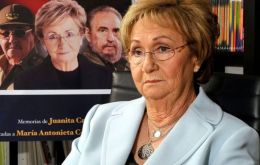
After standing up against the Communist regime of her brothers Fidel and Raúl, Cuban opposition leader in exile Juanita Castro died Monday at a Miami of natural causes at the age of 90, her biographer María Antonieta Collins confirmed.
-
Monday, December 4th 2023 - 10:32 UTC
Former top US diplomat arrested for working for Cuban gov't
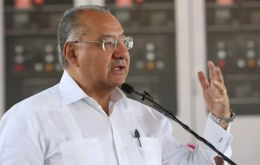
The Colombian-born Manuel Rocha, a 73-year-old former diplomat who served as US Ambassador to Bolivia and was also in charge of the Embassy in Buenos Aires between 1997 and 2000, has been arrested in Miami for allegedly working to promote the interests of the Cuban government, it was reported.
-
Tuesday, November 7th 2023 - 09:40 UTC
Seven Cubans defect during Pan American Games in Chile
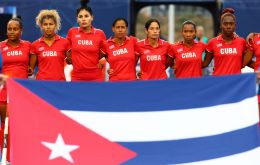
Seven Cuban athletes have left the Caribbean country’s delegation at the Santiago (Chile) Pan-American Games unwilling to return home, it was reported in the Chilean capital. According to international media covering the sporting event, six members of the women’s field hockey team and one hurdler were involved in the incident.
-
Monday, August 21st 2023 - 10:37 UTC
Cuban leader reaffirms support for Angola
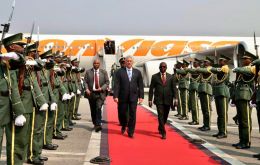
Cuban President Miguel Díaz-Canel ratified this weekend during an official trip to Luanda his country's support to the Angolan government, it was reported.
-
Friday, August 18th 2023 - 09:41 UTC
Lula and Pepe to help Cuba open up
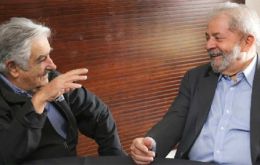
Former Uruguayan President José “Pepe” Mujica is planning a trip to Havanna together with Brazilian leader Luiz Inácio Lula da Silva to persuade the Cuban government of Miguel Díaz-Canel to pursue the path of greater openness regarding foreign relations and economy, it was reported Thursday in Montevideo.
-
Tuesday, July 25th 2023 - 11:35 UTC
Interpol disrupts criminal network that smuggled 5,000 Cubans to EU

Law enforcement from several European countries have disrupted an intercontinental criminal network smuggling migrants from fantasy island Cuba to the European Union. The investigation, coordinated by Europol and INTERPOL, led to the arrest of 62 persons, 25 of which were Cuban nationals and officials.
-
Friday, June 30th 2023 - 10:50 UTC
Cuban footballers defect to US

Four Cuban footballers have defected after their national team's debut in the CONCACAF Gold Cup in the United States, it was reported this week. “Roberney Caballero, Denilson Morales, Neisser Sandó, and Jassael Herrera left the delegation,” a local TV sportscaster was quoted as saying.
-
Friday, June 16th 2023 - 09:54 UTC
Iranian President rounds up Latin American tour
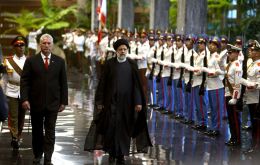
Iranian President Ebrahim Raisi Wednesday rounded up a Latin American tour after his stop in Havana to meet with his Cuban colleague Miguel Díaz-Canel following calls in Caracas and Managua
-
Friday, June 9th 2023 - 11:21 UTC
WSJ says China plans to install spying base in Cuba
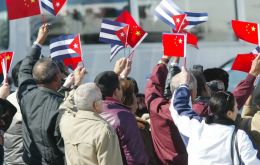
According to The Wall Street Journal (WSJ), the governments of China and Cuba signed an agreement whereby the Asian nation will install a spy base on the Caribbean island to intercept communications of all kinds in the United States.
-
Wednesday, April 26th 2023 - 10:17 UTC
No Labor Day parade in Cuba due to fuel shortage
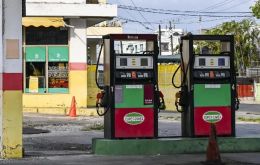
Cuban authorities had to cancel the traditional May 1 Labor Day Revolution Square parade due to the shortage of fuel, it was announced Tuesday. Smaller events will be staged instead in “communities, labor, and student centers for several days and parades in the country's municipalities,” it was explained. The main event will take place in Havana's Malecon.
